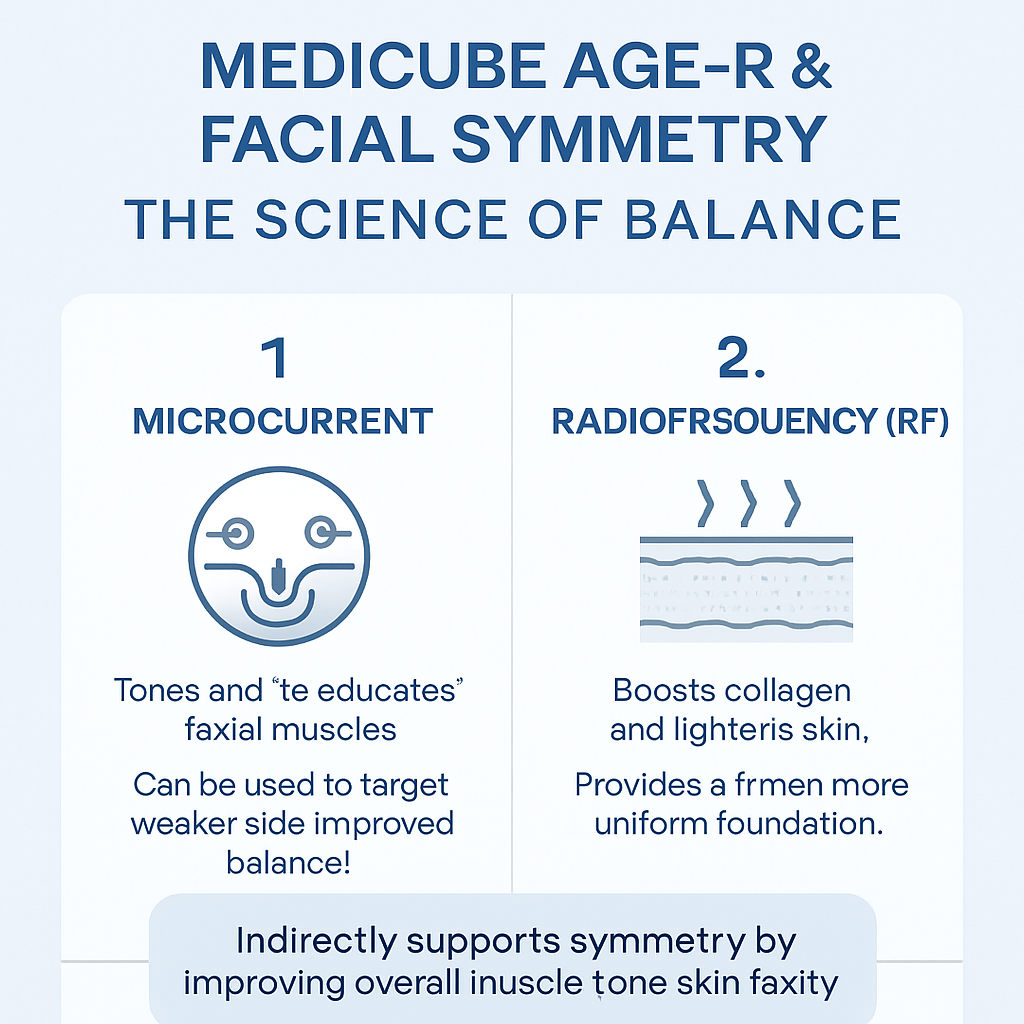Having smooth and flawless skin is something that many people desire. However, it’s not uncommon to experience various types of texture on the skin, such as bumps, roughness, or unevenness. These skin texture issues can be frustrating and may affect your confidence. In this article, we will explore the causes of skin texture problems and provide some effective solutions to help you achieve smoother skin.
Causes of Skin Texture Issues
There are several factors that can contribute to the development of texture on the skin. Understanding the underlying causes can help you address the issue more effectively. Here are some common causes:
1. Acne and Acne Scars
Acne is a common skin condition that can leave behind scars and uneven texture. When the pores become clogged with oil, dead skin cells, and bacteria, it can lead to the formation of pimples, blackheads, or whiteheads. If these acne lesions are not treated properly, they can leave scars and texture irregularities on the skin.
2. Sun Damage
Excessive sun exposure can cause damage to the skin, leading to texture problems. UV rays can break down collagen and elastin, which are responsible for maintaining the skin’s smoothness and elasticity. Over time, this can result in roughness, fine lines, and wrinkles.
3. Dryness and Dehydration
When the skin lacks moisture, it can become dry and rough. Dryness can be caused by various factors, such as harsh weather conditions, excessive use of drying skincare products, or underlying skin conditions like eczema. Dehydration, on the other hand, occurs when the body doesn’t have enough water, which can also contribute to skin texture issues.
4. Aging
As we age, our skin undergoes natural changes that can affect its texture. The production of collagen and elastin decreases, leading to a loss of firmness and elasticity. This can result in the formation of wrinkles, fine lines, and a general roughness of the skin.
5. Genetics
Some individuals may be genetically predisposed to certain skin texture issues. For example, some people naturally have larger pores, which can make the skin appear rougher. Genetic factors can also influence the skin’s ability to retain moisture and maintain a smooth texture.
How to Improve Skin Texture
Now that we understand the causes of skin texture issues, let’s explore some effective ways to improve the texture of your skin:
1. Establish a Consistent Skincare Routine
A proper skincare routine is essential for maintaining healthy and smooth skin. Cleanse your face twice a day using a gentle cleanser suitable for your skin type. Exfoliate regularly to remove dead skin cells and promote cell turnover. Use a moisturizer to hydrate your skin and protect its natural barrier.
2. Protect Your Skin from the Sun
Apply a broad-spectrum sunscreen with at least SPF 30 every day, even on cloudy days. Sunscreen helps protect your skin from harmful UV rays and prevents further damage. Wearing protective clothing and seeking shade during peak sun hours can also help maintain the texture of your skin.
3. Treat Acne and Acne Scars
If you’re dealing with acne, consult a dermatologist who can recommend appropriate treatments to prevent further breakouts and minimize scarring. Options may include topical creams, oral medications, chemical peels, or laser treatments. Treating acne in a timely manner can help prevent long-term texture issues.
4. Hydrate Your Skin
Keep your skin hydrated by drinking an adequate amount of water daily and using moisturizers that suit your skin type. Look for ingredients like hyaluronic acid, glycerin, and ceramides, which help lock in moisture and improve skin texture.
5. Consider Professional Treatments
If you’re looking for more intensive solutions, there are various professional treatments available to improve skin texture. These may include microdermabrasion, chemical peels, laser resurfacing, or microneedling. Consult with a dermatologist or skincare professional to determine the best treatment option for your specific needs.
Remember, achieving smoother skin takes time and patience. Consistency in your skincare routine and lifestyle habits is key. If you’re experiencing persistent skin texture issues or have concerns, it’s always best to consult with a dermatologist who can provide personalized advice and guidance.
By understanding the causes of skin texture problems and implementing the right strategies, you can work towards achieving the smooth and radiant skin you desire.




